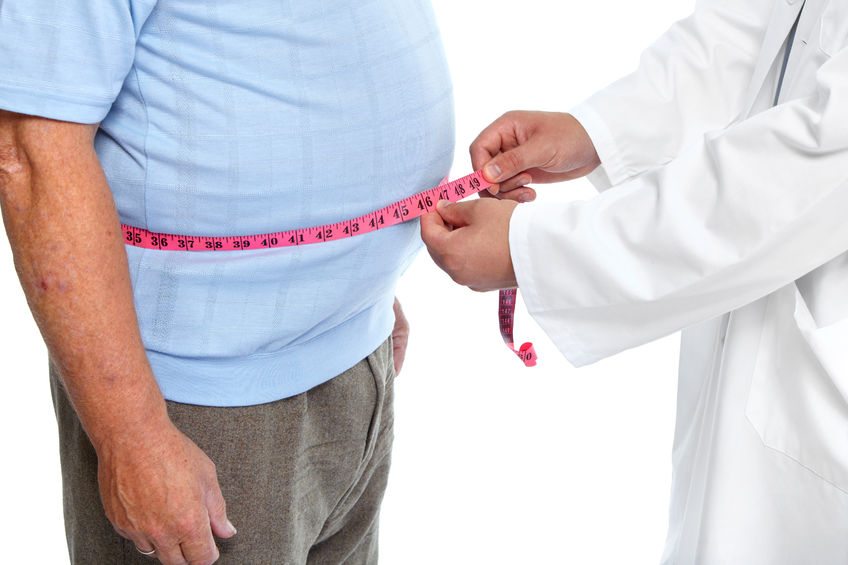When weight loss is your goal, your primary focus is on shedding those unwanted pounds. But have you ever stopped to consider what actually happens to fat when it’s lost?
I lost weight, I can’t find it anywhere!
Most of us have been taught that the body burns fat as energy, but that’s not actually the case — according to researchers in Australia, at least. Their experiments in weight loss revealed that we don’t actually burn fat. Instead, we breathe it out.
The results of this Australian study, published in the British Medical Journal, suggest that 84 percent of “lost” fat turns into carbon dioxide — the gas we expel from our lungs as we exhale. The remaining 16 percent of that fat is converted into water, which we excrete through our urine, tears, sweat and other bodily fluids.
How does fat become carbon dioxide? We gain weight when the excess carbohydrates and proteins we consume are converted into triglycerides. Triglycerides are the main components of body fat. Triglycerides are, in turn, made up of carbon, hydrogen and oxygen atoms. As we lose weight, triglycerides are broken down, freeing those carbon atoms. The lungs then exchange this carbon for oxygen in the act of respiration.
The process may sound simple, but the chemistry involved in quite complex. Consider that, in order to break down roughly 10 pounds of human fat, we need to inhale over 30 pounds of oxygen — and, somewhere along the way, burn 94,000 calories. This reaction produces approximately 30 pounds of CO2 and over 20 pounds of water.
You still need to exercise
Can you breathe yourself to weight loss? Not directly. Physical exercise is necessary in order to produce the energy sufficient to unlock the carbon stored in triglycerides and remove it from the body. We breathe about 17,280 times in a day and each breath takes a mere fraction of a fraction (0.00035274 ounces) of carbon with it.
How can this newfound knowledge affect your efforts to lose weight? The answer is, perhaps disappointingly, “not much”. Regardless of where the fat goes when it’s lost, weight loss still relies on consuming fewer calories than we burn.
If you are struggling to achieve your weight loss goals, schedule an appointment with a registered dietitian. They can help create a diet specific to your body and its needs. Also, consult with a certified professional trainer who can construct a workout plan to help you get your heart rate up, build lean muscle and otherwise make your excess fat disappear.
For some, surgery may be the best way to jump-start their weight loss efforts. Contact McCarty Weight Loss Center today to learn more.






